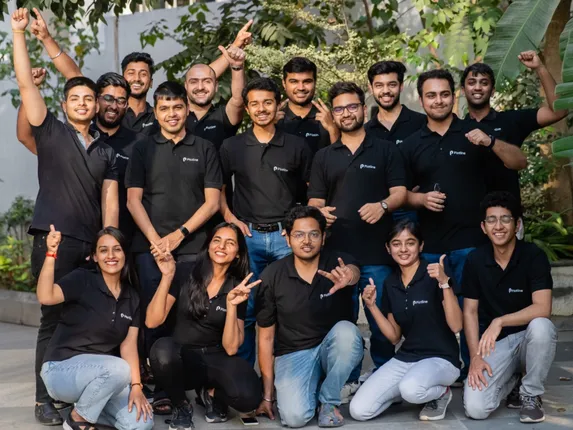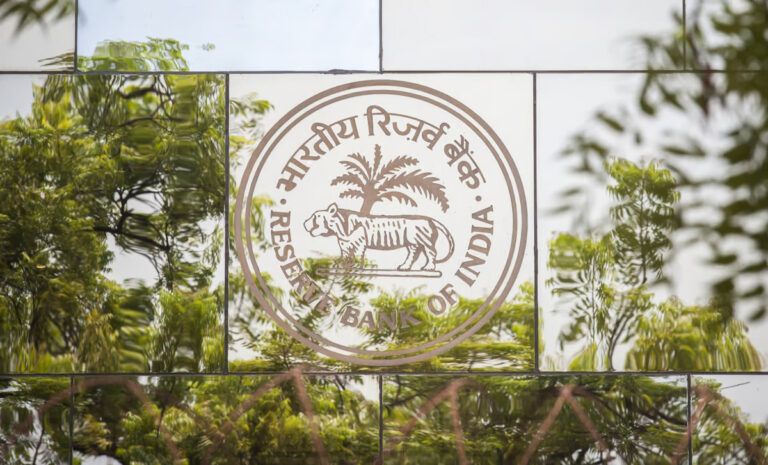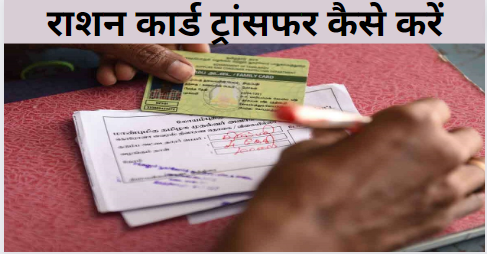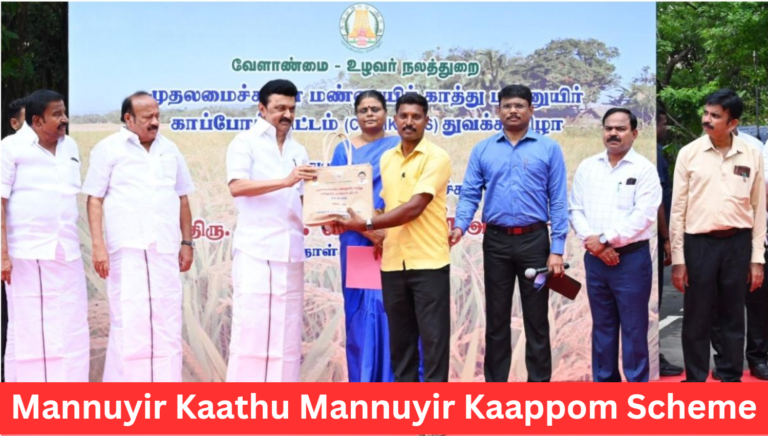How Can Pensioners Living Abroad or NRIs Submit Life Certificate?

If you are a pensioner living abroad or a Non-Resident Indian (NRI), don’t worry! Submitting your annual life certificate is a simple and necessary step to keep receiving your pensions from the Indian government. This ensures that the pension system runs smoothly and that payments are made to those who are eligible.
In this article, we will provide a friendly and easy-to-follow guide on how you can submit your life certificate from anywhere in the world.
Contents
- 1 How Can Pensioners Living Abroad or NRIs Submit Life Certificates?
- 2 Conclusion:
How Can Pensioners Living Abroad or NRIs Submit Life Certificates?
Step 1: Understand the Importance
Pensioners, whether residing in a foreign country or being NRIs, need to recognize the importance of submitting their life certificates. It is a critical step in ensuring the continuous receipt of pension payments.
Step 2: Know the Deadline
The life certificate submission deadline is typically in November each year. Pensioners should be aware of this date and start the process in advance to avoid any payment interruptions.
Step 3: Choose the Submission Method
There are several methods available for submitting the life certificate:
Bank Submission:
- If you receive your pension through a bank included in the Second Schedule to the Reserve Bank of India Act, 1934, visit your bank branch.
- Approach an officer of the bank and ask for assistance in signing your life certificate.
Embassy/Consulate Submission:
- Contact the nearest Indian Embassy, High Commission of India, or Indian Consulate in your residing country.
- Request assistance for issuing the life certificate. They will guide you through the process.
- If you cannot visit the Embassy or Consulate in person, you can send the requisite documents by post. Include a doctor’s certificate indicating your inability to be physically present.
Authorized Agent Submission:
- In case you cannot visit the Embassy or Consulate, a duly authorized agent can submit your life certificate.
- The agent can be a magistrate, notary, an officer of an Indian authorized bank, or a diplomatic representative of India.
Step 4: Ensure Timely Acknowledgments
To prevent delays in pension payments, the agency banks are instructed to issue duly signed acknowledgments when pensioners submit their life certificates over the counter. These acknowledgments serve as proof of submission and can also help in real-time updating of records.
Step 5: Family Pension After Demise
If a foreign-resident pensioner passes away, the process to initiate the family pension varies:
Joint Account:
- If the pensioner and their spouse have a joint account, the Form 14 requirement is waived.
- The spouse can notify the pension disbursing bank of the pensioner’s death through a simple letter.
- Include a copy of the pensioner’s death certificate, Pension Payment Order (PPO), proof of the spouse’s age/date of birth, and a commitment to reclaim excess payment.
Non-Joint Account:
- In cases where the pension is not credited to a joint bank account, banks will continue to acquire Form 14 from the family pensioner.
- However, the requirement of attestation of Form 14 has been removed, and two witnesses are regarded as adequate.
Step 6: Remote Identification for Family Pensioners
For family pensioners who cannot travel to India for personal identification, they may be eligible for pension/family pension based on a certificate issued by an authorized official of the Indian Embassy/High Commission/Indian Consulate in the country where they reside.
Step 7: NRI Pension Account Conversion
If an NRI pensioner has an existing account in India and becomes a non-resident, they should notify the pension-paying branch in India. The branch will then convert the pensioner’s account to a Non-resident Ordinary (NRO) Account upon receiving this information.
Conclusion:
It is essential for pensioners living abroad and NRIs to submit their life certificates annually. By carefully following these step-by-step instructions and gaining an understanding of the available methods, pensioners can guarantee the uninterrupted continuation of their pension payments while residing outside India. Maintaining awareness and compliance with the regulations is of utmost importance to ensure a hassle-free pension experience.





